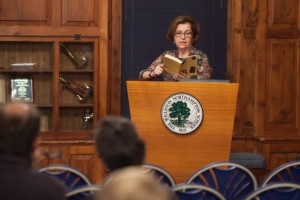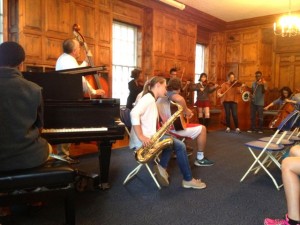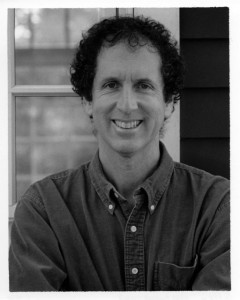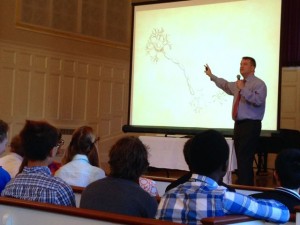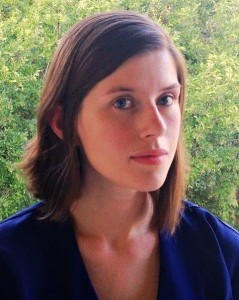 Two years ago she spoke intimately about crafting a story about Soviet-era Russia; on Friday, October 17, author Jennifer duBois ’02 returns to the Williston Northampton School to reveal the secrets behind her latest award-winning novel, Cartwheel.
Two years ago she spoke intimately about crafting a story about Soviet-era Russia; on Friday, October 17, author Jennifer duBois ’02 returns to the Williston Northampton School to reveal the secrets behind her latest award-winning novel, Cartwheel.
Ms. duBois, who’s debut novel was the critically acclaimed A Partial History of Lost Causes, returns to the Writers’ Workshop Series to talk about her newest work, which recounts the story of an American foreign exchange student arrested for murder, and a father trying to hold his family together.
A graduate of the Iowa Writers’ Workshop and a former Stanford University Stegner Fellow, Ms. duBois is the recipient of a Whiting Writer’s Award and a National Book Foundation 5 Under 35 Award. Her debut novel, A Partial History of Lost Causes, won the California Book Award for First Fiction and the Northern California Book Award for Fiction. It was also a finalist for the PEN/Hemingway Award for Debut Fiction. She currently teaches in the MFA program at Texas State University.
“We all look to our lives for inspiration in our fiction writing,” Ms. duBois told the Williston audience during her last visit. “But I think we can get in trouble sometimes when we see our lives as parameters instead of possibilities.”
Writers’ Workshop Series lectures begin at 7:00 p.m. in the Dodge Room, Reed Campus Center and are free and open to the public. The final installment of this year’s Writers’ Workshop will be on November 3 with essayist and reporter Anne Fadiman and will be held in the Phillips Stevens Chapel. The series, now in its 17th year, was founded by Madeleine Blais P’00, ’04 and Elinor Lipman P’00 and, in addition to four lectures by prominent authors each fall, includes master classes for Williston students.


